On 10th June 2024, when the five-year tenure of former UNN Vice Chancellor (VC), Prof Charles Igwe ended, there was no substantive VC to replace him. The absence of a Governing Council meant that the normal succession process of appointing a VC through council procedure could not happen. The Senate had to meet to elect an acting VC until a new council is inaugurated to produce a substantive VC.
Professor Romanus Ezeokonkwo emerged as the successor of Professor Charles Igwe, the 15th VC of the University of Nigeria, Nsukka (UNN). Prof. Ezeokonkwo, in a senate election, on 7th June, polled 200 votes to beat two other deputy vice chancellors (DVCs), Prof Johnson Urama (DVC, Academic, 180 votes) and Prof. Daniel Nwachukwu (DVC, Enugu Campus, 25 votes). The election doused months of high uncertainty, NUC counter directives, street and road protests, for example, a June 5 protest by one Nsukka Youth General Assembly, calling for the university to produce a VC from their state.
Join our WhatsApp ChannelREAD ALSO: UNN Senate Sends 5 Fresh Acting VC Nominees To Governing Council, Ezeokonkwo Loses Out
How FG Caused the Problem
It is curious that it took the federal government one year to set up new councils for federal universities after dissolving the existing ones for no serious reason outside political posturing. The conundrum within universities was worsened when the federal government eventually created Governing Councils in early June, and immediately voided them as a result of alleged rigging of the process.
READ ALSO: Professor Romanus Ezeokonkwo: The Tense Finale To A New Acting VC For UNN
The dissolution of the governing councils also meant that the internal members of Council in Federal Universities had not been elected after one year, leaving the representatives from government to work as council members that should have the university VC, the DVCs, the registrar, four members from senate, two from the congregation (university community) and one from the convocation (past graduates or alumni) of the university.
The majority status of the Federal Government representatives meant that those outside the universities were superintending on university matters, most of which need the guidance from elected internal members.
The Landmines In UNN
As already seen, the initial election of an acting DVC in UNN in June was in itself a landmine, which was scaled after the university evaded an inferno following reports that some youth had been waiting to cause mayhem if things did not go as they wanted. After this, the new Governing Council sent a letter to the UNN acting VC, Professor Ezeokonkwo, whom it described as a temporary acting VC. The letter, dated 9th August, mandated Prof Ezeokonkwo to convene another senate meeting to select five nominees from which the council will eventually select an acting VC pending the appointment of a substantive VC for another five-year term.
READ ALSO: UNN Governing Council Set To Appoint Another Acting VC 2 Months After Ezeokonkwo’s Election
In contrast, many other universities in the shoes of UNN had declared the acting VCs elected by their senate as substantive acting VCs. But for the UNN and UNIZIK, the Governing Councils chose a different path, creating another potential for violence. At a time, the Nnamdi Azikiwe University, Awka (UNIZIK), was said to have two acting VCs because Professor Joseph Ikechebelu, DVC administration, who was appointed by the outgone VC, Prof. Charles Esimone, refused to give way to Professor Carol Arinze-Umobi who was appointed by the new Council. It took the intervention of a detachment of police and soldiers to quell the brewing trouble while the emergency meeting of Council held to remove Prof. Ikechebelu.
READ ALSO: UNIZIK Governing Council Appoints Female Acting VC, Umobi, After Sacking Ikechebelu
In UNN, the first meeting of 7 June had attracted a record 405 members, the highest in 20 years, with the election done along partisan lines. The second on 11 June attracted 1295 members, taking only two months to beat the initial record. These numbers though good for the senate, were also potential recipes for aggravated fisticuffs. The UNN again seemed to navigate out of trouble during the second election in two months. This was after some members of Senate, during the meeting on 12 August, asked Senate to reject the position of Governing Council owing to wrong procedure. The members had argued that the later emanated from the chairman of the Governing Council, Gen. Ike Nwachukwu, instead of emanating from a fully constituted council. We hail the UNN for avoiding a direct conflict with Council, which has never augured well for any university.
But the UNN Governing Council Criteria?
Council had guidelines for those to vie for the acting VC such as being of the rank of full professor for at least eight years, attaining a mandatory age of 65, being a former dean, provost or DVC, not being interested in vying for substantive VC, and that the five nominees must include a female. The law about appointment of VCs vests the powers in the Governing Council, the procedures are at the discretion of the Council.
While one can hardly fault all the actions of the new UNN Governing Council, I wonder why the federal government seems to be creating landmines for universities, and crating precedents that nullify the essence of elections. Some senate members therefore queried some of the wisdom behind the five criteria for selection.
The questions were: if all political office holders in Nigeria vie for their second term as incumbents, what was wrong in having a qualified professor vie for the substantive position as an incumbent acting VC. At 65 or more, will the position of acting VC benefit from the much needed vibrancy? Moreover, due to the short notice for the letter dated August 1, but received on 9 August, all the professors in UNN held emergency meetings based on their states of origin in frantic efforts to position for the nomination. This reduced the race to the kind of primordial partisanship that almost marred the initial vote of 7 June.
Insisting that there must be a female person among the nominees for UNN acting VC creates an electoral paradox. This is because the elections was to be by secret ballot, and unless the two women that vied for the acting VC were isolated and voted for differently from the other seven male professors, there was no calculable mathematical chance of ensuring that a female person would emerge among the elected persons. What if the election yielded only men? The senate envisaged this, forcing the sitting acting VC, Professor Ezeokonkwo, to say that if the guidelines from Council must be followed to the letter, the highest scoring female aspirant must be selected to make up the fifth person even if she had a vote lower than the lowest scoring male aspirant.
Secondly, insisting on inclusion of a woman in this sort of election cheapens the gender struggle. We appreciate the idea of inclusion and gender balance. In fact, a woman has not led UNN in its 64 years history, and this is a prime opportunity, considering that women now make up at least 15% of UNN’s nearly 600 professors.
However, if gender inclusion means insisting that a woman must be nominated, it downgrades gender struggle to mere sex balance outside merit and selection of the best. Gender is a social concept, while sex is a biological concept. As such, gender inclusion and balance does not mean what men must do for women, or indirect assignment to men the task of helping women. True gender struggle is creating the right situations for everyone to achieve their full potentials, where the women can attain academic and political positions much as men. Beyond the seemingly misconstrued gender dimension in UNN vice chancellorship race, we urge the federal government to refrain from the growing tide of infesting universities with the bug of virulent politics now ravaging the entire country.
Dr Mbamalu is a Jefferson Fellow, member of the Nigerian Guild of Editors (NGE) and a renowned Publisher.
Victor Ezeja is a passionate journalist with six years of experience writing on economy, politics and energy. He holds a Masters degree in Mass Communication.

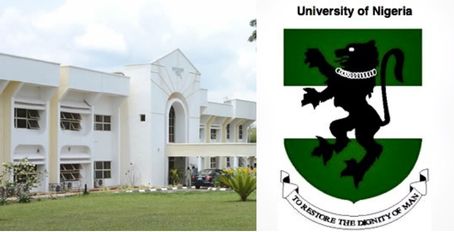





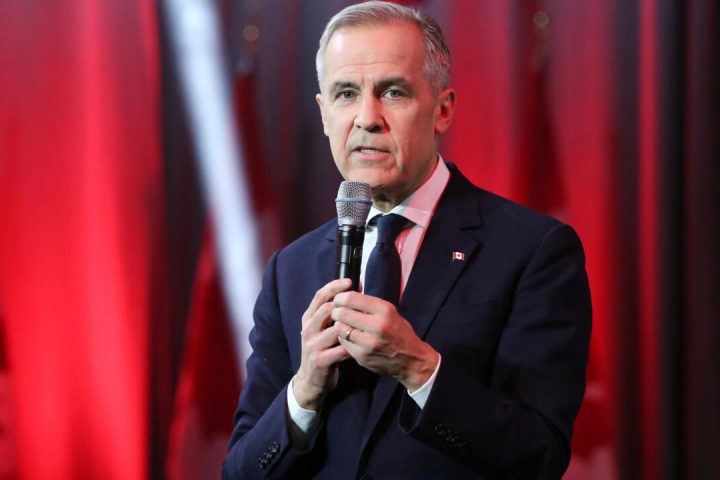




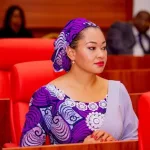


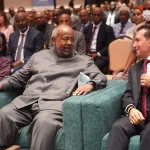
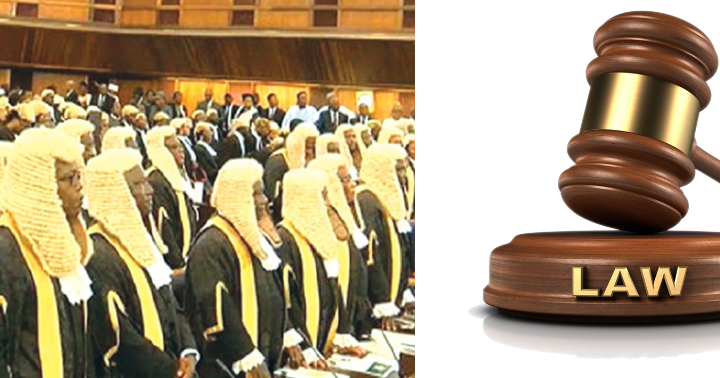
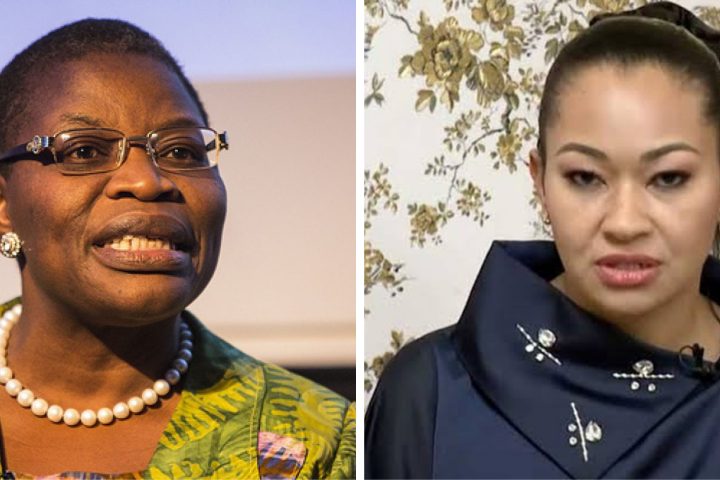
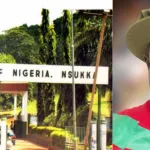
Follow Us